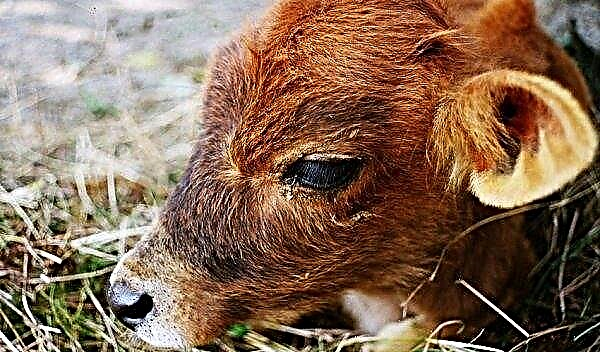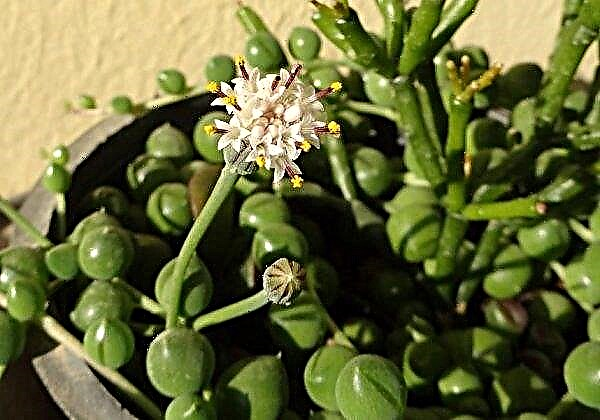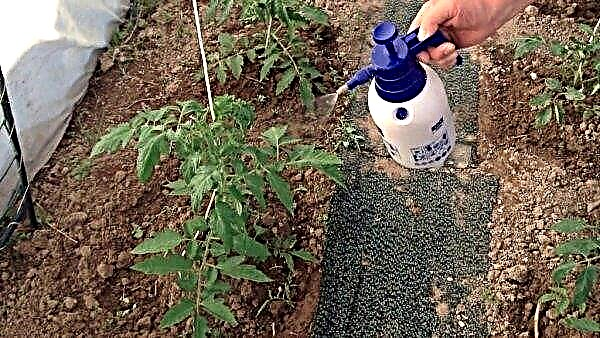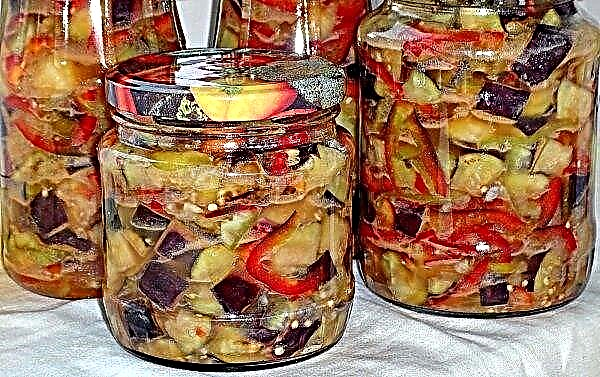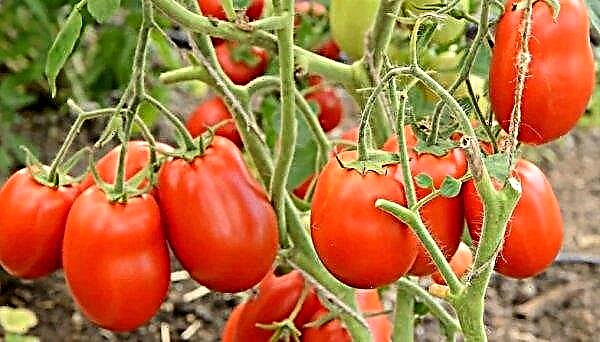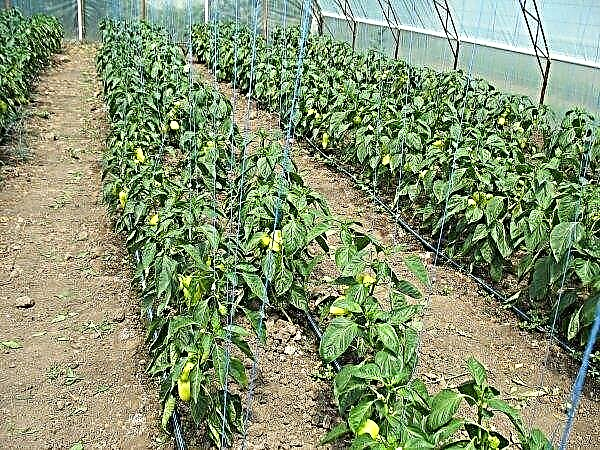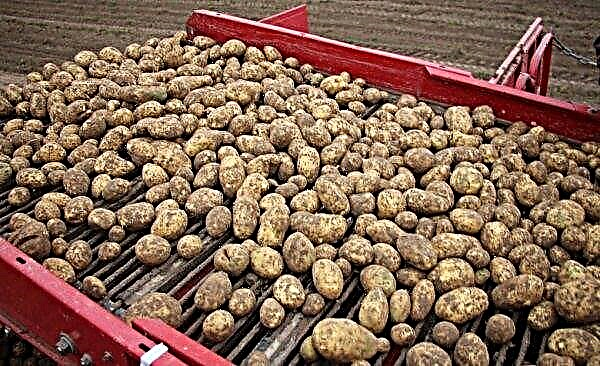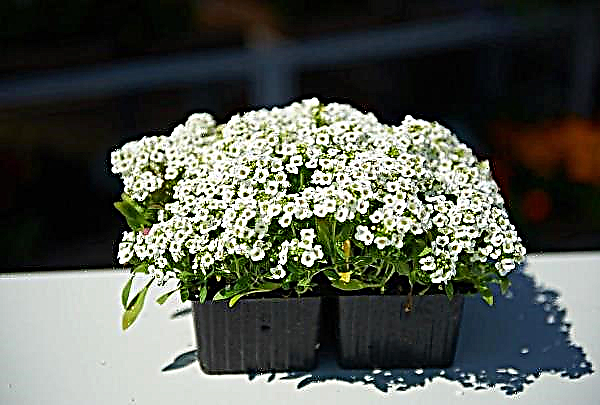For about five years, citrus plantations in Galicia and northern Portugal have been the subject of one of the most serious threats to growing citrus fruits near the Mediterranean, namely African citrus psyllid (Trioza erytreae). This insect is the main factor in the development of bacterial citrus cancer (citrus gardening or HLB), an incurable bacterial disease of plants, the only way to combat which is to eliminate and localize its carriers.
Although phytopathy was not found in Spain and Portugal, IVIA researchers have worked for years to contain the spread of harmful insects. One of the most promising areas of research currently underway is the introduction of a sub-Saharan wasp (Tamarixia dryi), which is a natural parasite of African citrus psyllid.
At the end of 2017, the Ministry of Agriculture, Fisheries and Food of Spain approved the import of this insect in order to study its potential before releasing it to the fields.
 Tangerines help cope with hiccups.
Tangerines help cope with hiccups.
Since implementing its development in 2018, the wasp has been shown to be very effective in fighting psilides in the Canary Islands, according to ICIA researcher Estrella Hernandez, who monitored the spread of the wasp in the Canaries. According to her, the number of pests decreased significantly after the release of the wasp.
Based on these results, the General Directorate of Healthcare for Agricultural Production of the Ministry of Agriculture of Spain authorized the pilot release of wasps in Galicia, freeing the first individuals on the field at the end of October 2019.
As part of this collaboration on the territory between Portugal and Spain, the Portuguese government released a wasp this fall on its citrus plantations.
- Earlier, we reported that the US Department of Agriculture predicts a decrease in the country's production of citrus fruits.
- A huge lack of profitability is affecting and forcing Spanish farmers to abandon crops, especially citrus.
- Read more about how citrus production is significantly reduced in Spanish gardens.
- We also wrote that in Nigeria there is a huge shortage of citrus juices.

